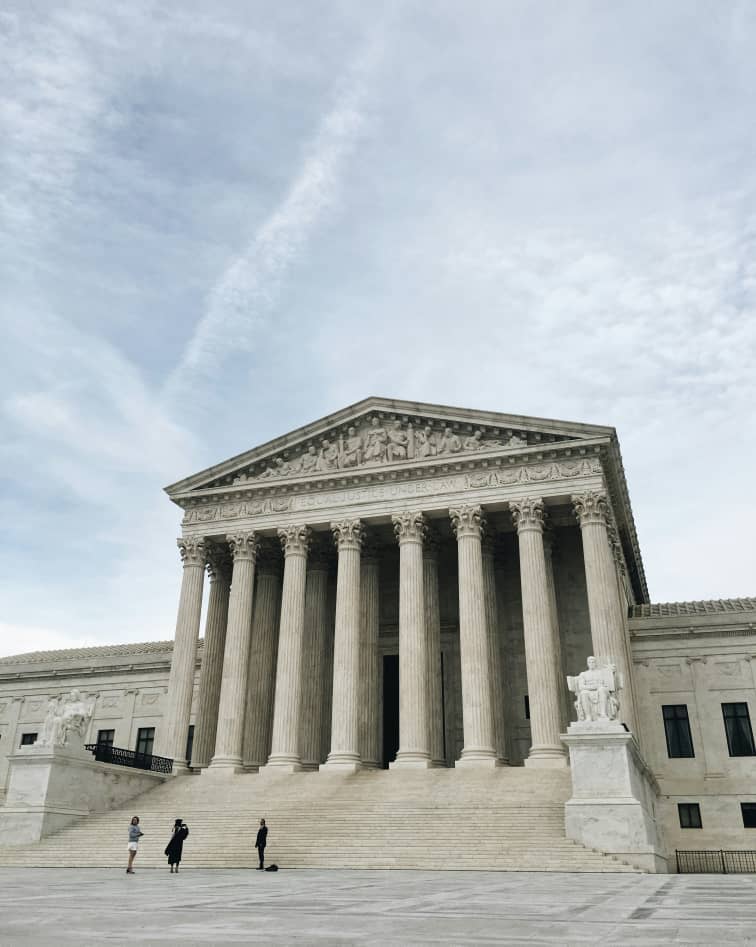Why Almost No One Gets Charged with Treason — Even When They Deserve It
Introduction
This is an article based on the Treason Clause of the U.S. Constitution (Article III, Section 3).
Treason is a word that conjures images of betrayal, espionage, and civil war. In many countries, it’s a charge thrown around in political disputes or wielded to crush dissent. But in the United States, treason has a unique constitutional status: it is the only crime explicitly defined in the Constitution, and for good reason.
The framers of the Constitution knew firsthand how dangerous vague accusations of treason could be. They drafted Article III, Section 3 with surgical precision, deliberately making treason hard to prove and harder to abuse. But what exactly does it say, and why is it still so controversial?
The Definition is narrowed by design as follows:
“Treason against the United States shall consist only in levying War against them, or in adhering to their Enemies, giving them Aid and Comfort.”
Unlike many legal concepts, treason in the U.S. has a strict and narrow definition:
- Levying war: Actively taking up arms against the government.
- Adhering to enemies: Aligning with a foreign power at war with the U.S.
- Giving aid and comfort: Helping that enemy, materially or otherwise.
This means not all betrayal or disloyalty is “treason” under U.S. law. Mere speech, criticism of the government, or even exposing classified information — while potentially criminal — is not treason unless it meets the high bar set by the Constitution.
The Constitution also provides how treason should be proved as follows:
“No person shall be convicted of treason unless on the testimony of two witnesses to the same overt act, or on confession in open court.”
In essence, to convict someone of treason:
- Two people must testify to the same overt act, or
- The accused must confess in open court.
This strict evidentiary standard reflects a deep fear of political abuse. In British history, treason was used to silence dissenters and kill political enemies. The U.S. founders were determined not to repeat that mistake.
The Constitution also provides for punishment which is severe but Controlled as follows:
“The Congress shall have power to declare the punishment of treason…”
Congress controls the punishment, which can include the death penalty — though it’s rarely used.
But there’s a catch:
“…but no Attainder of Treason shall work Corruption of Blood, or Forfeiture except during the life of the person attainted.”
This forbids what’s known as “corruption of blood” — a practice from English law where a traitor’s descendants lost the right to inherit property or titles. The Constitution ensures that punishment ends with the convicted person, not their children.
Modern Cases — Rare and Risky
Treason is so narrowly defined and so hard to prove that it has been prosecuted only a handful of times in U.S. history.
Prosecutors typically opt for charges like espionage, sedition, or terrorism, which are easier to prove and carry similarly harsh penalties.
In today’s polarized political climate, accusations of “treason” are cheap and frequent — from social media arguments to presidential tweets. But legally, the charge remains one of the rarest and most sacred in American law.
This clause reminds us that:
- Words are not war.
- Dissent is not disloyalty.
- And true treason is not just political betrayal — it’s armed rebellion or aid to an enemy at war.
Treason is the most serious offense a citizen can commit — but in America, it’s also the hardest to prosecute. That’s not a flaw; it’s a constitutional safeguard. It protects us from the tyranny of vague accusations and the darkness of political revenge. In a time when “traitor” is shouted more often than it’s proven, the Treason Clause stands as a testament to restraint, due process, and the rule of law.












